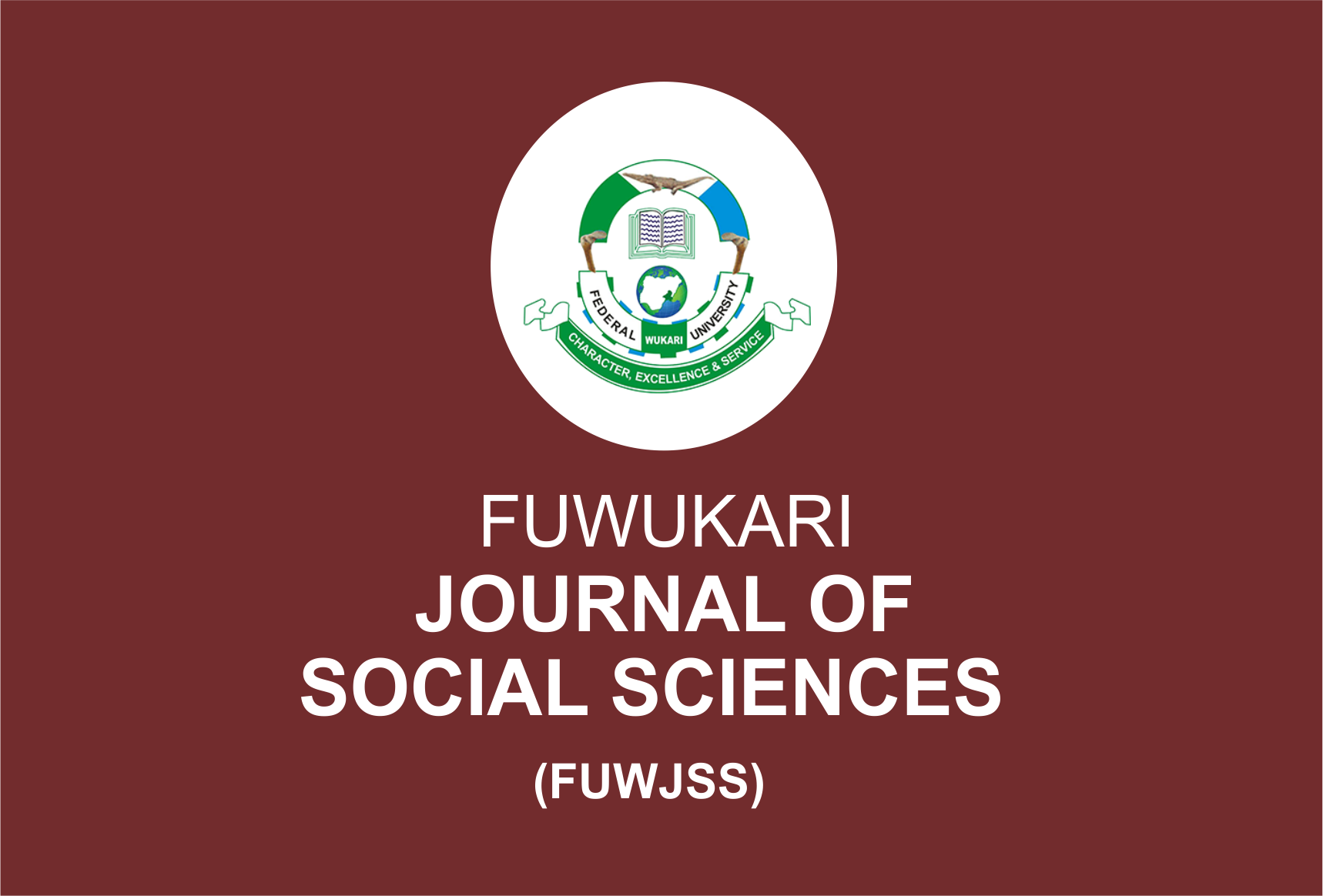Prospects and Challenges of Development Agenda for Western Nigeria
Gafar Idowu AYODEJI, Raphael Iseoluwa OLAYINKA, Emmanuel Temitope ABIODUN
Keywords: Federalism, integration, regional autonomy, restructuring
Abstract
This paper examines the prospects and challenges of the Development Agenda for Western Nigeria (DAWN) in achieving regional autonomy and integration in the South-Western region of Nigeria. The paper relied on the cooperative federalism theoretical framework to argue that present federalism-based governance architectures in Nigeria are failing. This has resulted in mismanagement of the country’s economic fortunes leading to difficulty in providing basic social sercices for the wellbeing of the majority of the population. As a consequence, the South-Western States of Nigeria are forming alliances to consolidate their integration and autonomy in order to bring meaningful development to the region. Findings of the study through which data of this paper emerged indicate that in spite of the expected challenges, restructuring towards regional integration within the south-west region have potentials of bringing about the needed regional development. Findings also show that the autonomy of south-western States is possible and will lead to socio-economic development when political leaders in the region handle the development of the region with sincerity of purpose. Thus, the paper recommends the proper engagement and enlightenment of citizens in the region through necessary engagements such as dialogue, social media networking and other available means.
Author Biography
Gafar Idowu AYODEJI, Ph.D., LL.B
Raphael Iseoluwa OLAYINKA
Department of Political Science,
Tai Solarin University of Education Ijagun, Ogun State, Nigeria.
Emails: [email protected], [email protected]
Emmanuel Temitope ABIODUN
Sikiru Adetona College of Education, Science Technology, Omu-Ijebu, Ogun State, Nigeria

